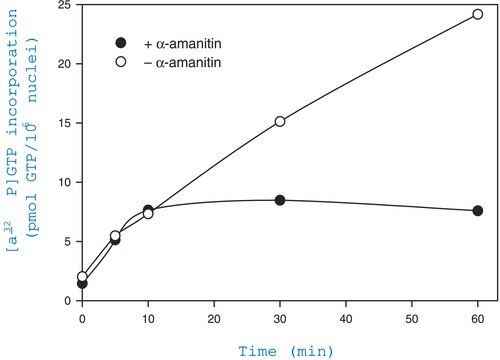CS0760
Isolated Mitochondria Staining Kit
1 kit sufficient for 50 reactions (in a 2 mL cuvette), 1 kit sufficient for 1000 reactions (using 96 multiwell plates)
About This Item
Recommended Products
Quality Level
usage
kit sufficient for 1000 reactions (using 96 multiwell plates)
kit sufficient for 50 reactions (in a 2 mL cuvette)
packaging
pkg of 1 kit
storage condition
dry at room temperature
technique(s)
flow cytometry: suitable
protein staining: suitable
fluorescence
λex 490 nm; λem 590 nm (JC-1 dye)
application(s)
cell analysis
detection
detection method
fluorometric
shipped in
dry ice
storage temp.
−20°C
Application
Features and Benefits
- Fast, simple, and convenient method for staining isolated mitochondria and for assaying mitochondria intactness
- Contains all the reagents required for the detection of changes in mitochondrial inner-membrane electrochemical potential
- Contains the antibiotic Valinomycin that permeabilizes the mitochondrial membrane, and thus, dissipates the mitochondrial electrochemical potential. Valinomycin can be used as a control agent that prevents JC-1 aggregation
Principle
Analysis Note
Kit Components Only
- DMSO 1 mL
- JC-1 Assay Buffer 5X 25 mL
- JC-1 Stain 25 μg
- Valinomycin Ready Made 100 μL
related product
Signal Word
Danger
Hazard Statements
Precautionary Statements
Hazard Classifications
Acute Tox. 1 Dermal - Acute Tox. 1 Oral
Storage Class Code
6.1A - Combustible acute toxic Cat. 1 and 2 / very toxic hazardous materials
Flash Point(F)
Not applicable
Flash Point(C)
Not applicable
Certificates of Analysis (COA)
Search for Certificates of Analysis (COA) by entering the products Lot/Batch Number. Lot and Batch Numbers can be found on a product’s label following the words ‘Lot’ or ‘Batch’.
Already Own This Product?
Find documentation for the products that you have recently purchased in the Document Library.
Customers Also Viewed
Articles
Cellular apoptosis assays to detect programmed cell death using Annexin V, Caspase and TUNEL DNA fragmentation assays.
Oxidative stress is mediated, in part, by reactive oxygen species produced by multiple cellular processes and controlled by cellular antioxidant mechanisms such as enzymatic scavengers or antioxidant modulators. Free radicals, such as reactive oxygen species, cause cellular damage via cellular.
Our team of scientists has experience in all areas of research including Life Science, Material Science, Chemical Synthesis, Chromatography, Analytical and many others.
Contact Technical Service










